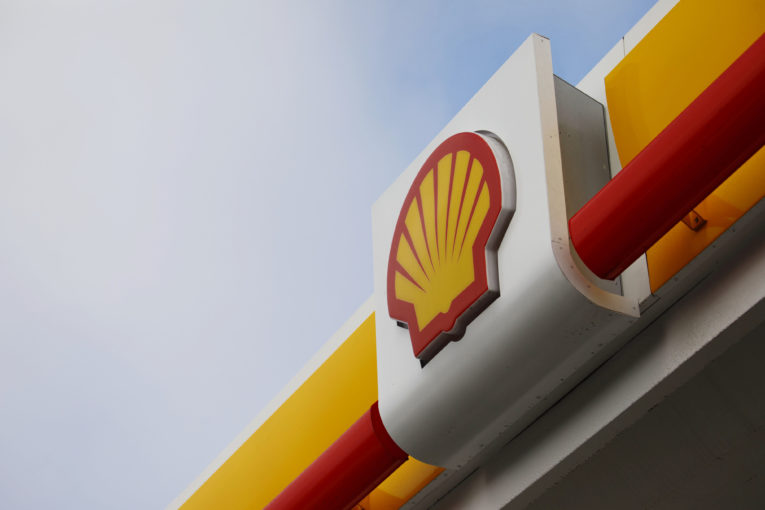
CALGARY – As commuters stay home and lockdown orders spread across the U.S., the price of Canadian heavy oil has collapsed.
Western Canadian Select heavy oil price benchmark fell 30.5 per cent on Thursday to US$6.45 per barrel, which analysts joke is less than a pint of beer. U.S. crude prices fell 7.7 per cent to US$22.60 per barrel.
“Prices are so low that there’s no point in transporting if you don’t have to. If you can move it into storage, you will,” said Stephanie Kainz, senior associate at RS Energy Group, a division of Austin, Tex.-based Enverus.
However, Canadian producers that are able to move their barrels directly to the U.S. Gulf Coast refineries through existing pipelines have been able to enjoy higher prices, of close to US$16 per barrel, as American refineries still want Canadian heavy oil, despite dwindling demand for fuel.
“U.S. refiners that can process heavy sour crudes have historically enhanced their margins by importing Canadian crudes, priced at a discount to West Texas Intermediate North American benchmark prices,” Moody’s Investors Service analysts wrote in a Thursday report, which said the outlook for refiners is negative for the next 12 to 18 months.
A similar pricing dynamic is evident at the pump, as huge swaths of the Canadian population work from home.
GasBuddy data shows the cheapest place to buy retail gasoline in Canada right now is the tiny hamlet of Walsh, Alta. on the TransCanada Highway just west of the Saskatchewan border, where fuel can be bought for 48 cents per litre.
A fillup in Edmonton, home to three oil refineries, would cost 54.9 cents per litre – a price that reflects how oil producers in the province have little choice but to park their oil in storage and wait for better prices. In Toronto, gas can be found for 57.9 cents per litre, while the cheapest price in Vancouver is 96.9 cents per litre, GasBuddy data shows.
Given that oil is worth much more in the future than it is today, also known as contango, Rory Johnston, managing director and market economist at Price Street, a Toronto-based market research firm, said he expects hedge funds and oil traders will begin finding oil tankers to use as floating storage again “because that trade is now open.”
“As long as you can store oil over the course of the year for less than $10, you’re essentially printing money right now,” Johnston said.
There are currently more than 30 million barrels of oil stored in tanks in Alberta, or more than 75 per cent of the oil-producing province’s total capacity of 40 million barrels, according to a report this week from Rystad Energy, which predicted “the country is days away from running out of available storage capacity.”
Rystad predicted that domestic oil companies will need to cut production by 11 per cent, or 440,000 barrels per day, given limited storage.
Alberta Premier Jason Kenney said earlier this month the province is willing to use stricter production quotas to ensure a “survival price” for local oil producers.
“Government is closely monitoring the current economic situation affecting the energy industry, as well as COVID-19, and will evaluate further options,” said Kavi Bal, press secretary to Alberta Energy Minister Sonya Savage, when asked if the government would tighten production limits.
The United States, the Canadian oilpatch’s only market, is also experiencing significant demand contractions.
IHS Markit expects U.S. gasoline demand could fall by 4.1 million barrels per day, or more than 50 per cent, as U.S. states respond to the coronavirus crisis.
“The magnitude of gasoline demand decline will be much greater than the impact of the 2008 recession – and could be further protracted depending on how effective social distancing measures are at controlling the spread of the COVID-19 virus,” IHS Markit vice-president Jim Burkhard said in a report published Thursday.
As long as you can store oil over the course of the year for less than $10, you’re essentially printing money right now
Rory Johnston, managing director, Price Street
The coronavirus pandemic has caused demand for commuter fuels such as gasoline to collapse to the point where wholesale price of a gallon of gasoline in Chicago is just 20 cents per gallon. “A banana at that level is worth more,” Patrick De Haan, head of petroleum analysis at GasBuddy in Chicago.
“We’ve seen demand plummet, but I don’t think we’ve ever before seen prices fall so substantially,” De Haan said. “We’re shaping up for a plunge in gasoline demand that we’ve never seen before. Without a doubt, every day that we go on like this, we’re talking about a situation where (oil) supply is exceeding demand by 15 to 20 million barrels.”
Data from the U.S. Energy Information Administration show that crude oil inventories in the U.S. increased by 1.6 million barrels last week to hit 455.4 million barrels of crude oil in storage.
Those numbers imply only 200 million barrels of crude oil storage space remains empty across the U.S. but there’s an incentive for more oil producers to store their crude, said RS Energy’s Kainz.
“It’s everyone rushing to get to storage and take advantage of that contango curve – putting that oil into storage for later,” Kainz said.
• Email:
You can read more of the news on source
